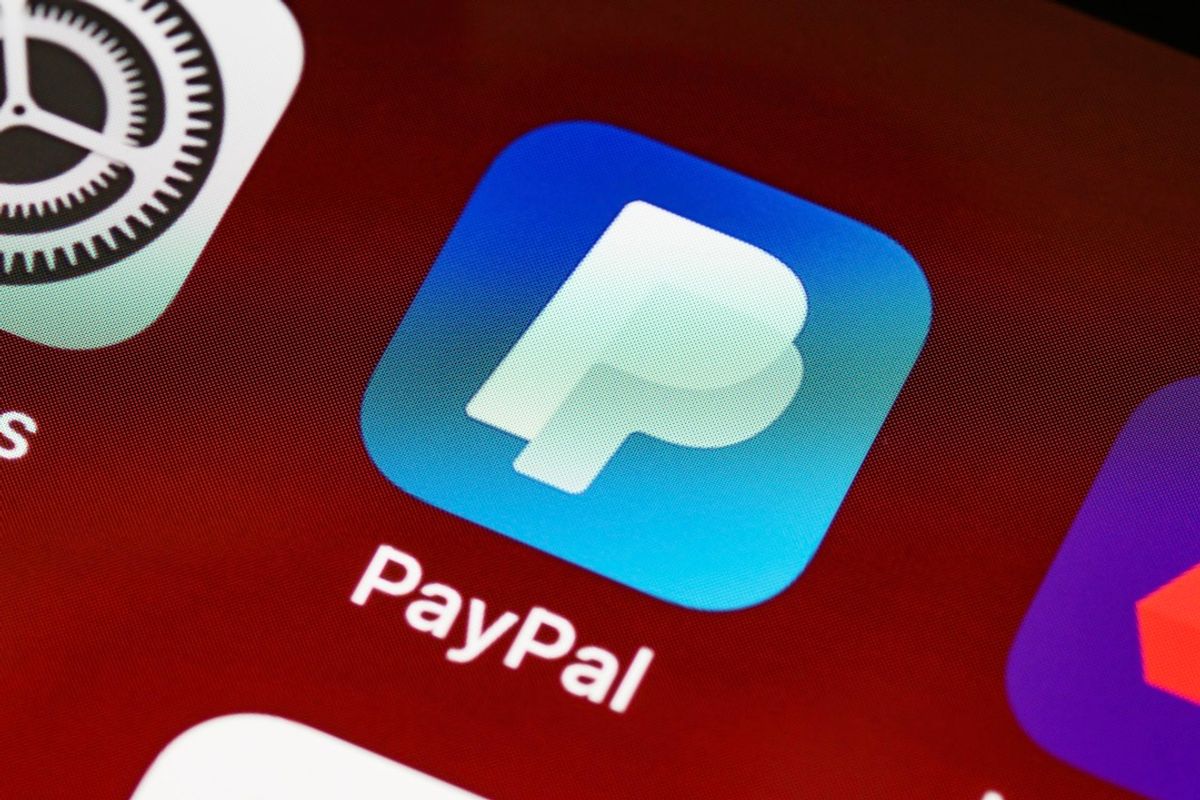Why PayPal Became a Breeding Ground for Successful Entrepreneurs
The birth of PayPal in the late 1990s marked a watershed moment in the history of entrepreneurship and technological innovation. The company’s unique environment, driven by a culture of risk-taking and experimentation, fostered the emergence of numerous successful entrepreneurs who went on to shape the future of Silicon Valley and beyond. In this article, we delve into the factors that transformed PayPal into an incubator for entrepreneurial success.
The Unique Environment that Fostered Innovation at PayPal

PayPal’s unparalleled success as a breeding ground for entrepreneurs can be attributed to its unique corporate culture. The company’s founding team, led by visionary entrepreneur Elon Musk, established a culture of innovation, collaboration, and risk-taking. Employees were encouraged to pursue bold ideas, challenge the status quo, and experiment with new technologies.
This culture was evident from the very beginning, when PayPal was still known as Confinity. The company’s first product, a digital wallet called “Palm Pilot”, was a failure. However, instead of giving up, the team at Confinity used this setback as an opportunity to pivot and create a new product – PayPal. This willingness to take risks and adapt quickly would become a defining characteristic of PayPal’s culture.
Key Factors Contributing to PayPal’s Entrepreneurial Success
There were several key factors that contributed to PayPal’s success as a breeding ground for entrepreneurs. These included:
- Lean and agile approach: PayPal operated with limited resources and a flat organizational structure, empowering employees to take ownership of their projects and make quick decisions. This environment fostered a sense of urgency and accountability, driving employees to push the boundaries of innovation.
- Focus on customer needs: PayPal’s founders recognized the importance of understanding and meeting the needs of their customers. This customer-centric approach not only helped PayPal gain a loyal user base, but also encouraged employees to think creatively and come up with innovative solutions.
- Embracing failure: PayPal’s culture of risk-taking also meant that failure was not only accepted, but even encouraged. Employees were not afraid to try new things and learn from their mistakes, which ultimately led to the company’s success.
- Diversity and inclusion: PayPal’s workforce was diverse, with employees from different backgrounds and experiences. This diversity of thought and perspective fostered a culture of creativity and innovation, as well as a sense of inclusivity within the company.
How PayPal’s Culture Encouraged Risk-taking and Experimentation

PayPal’s culture of risk-taking and experimentation was evident in many aspects of the company’s operations. For example, the company had a “hack week” where employees were given free rein to work on any project they wanted, regardless of their job responsibilities. This allowed for cross-functional collaboration and sparked new ideas and innovations.
In addition, PayPal also had a “fail fast” mentality, where employees were encouraged to test out new ideas quickly and pivot if necessary. This approach not only saved time and resources, but also allowed for continuous learning and improvement.
The Role of Mentorship and Collaboration in PayPal’s Startup Ecosystem
Another key aspect of PayPal’s culture was mentorship and collaboration. The company’s founders and early employees were not only successful entrepreneurs themselves, but also actively mentored and supported new startups within the company.
For example, Peter Thiel, one of PayPal’s co-founders, provided seed funding and mentorship to several startups founded by former PayPal employees, including LinkedIn, Yelp, and SpaceX. This culture of mentorship and collaboration helped to create a supportive environment for aspiring entrepreneurs within PayPal.
Furthermore, PayPal’s flat organizational structure and emphasis on teamwork also encouraged collaboration and knowledge sharing among employees. This enabled individuals to learn from each other and develop new skills, ultimately leading to more successful ventures.
Notable Exits: Examples of Successful Startups Founded by Former PayPal Employees

The success of PayPal as a breeding ground for entrepreneurs can be seen in the numerous successful startups that were founded by former employees. These include:
- Tesla: After leaving PayPal, Elon Musk went on to found Tesla, a company that has revolutionized the electric car industry and is now one of the most valuable automakers in the world.
- YouTube: Co-founded by former PayPal employees Chad Hurley, Steve Chen, and Jawed Karim, YouTube was acquired by Google for $1.65 billion just 18 months after its launch.
- Palantir Technologies: Founded by former PayPal employees Peter Thiel, Alex Karp, and Joe Lonsdale, Palantir is a data analytics company that is now valued at over $20 billion.
- Airbnb: Brian Chesky and Joe Gebbia, both former PayPal employees, co-founded Airbnb, which has disrupted the hospitality industry and is now valued at over $100 billion.
These are just a few examples of the many successful startups that have emerged from PayPal’s ecosystem. The company’s culture of innovation and mentorship played a crucial role in nurturing these ventures and helping them achieve success.
PayPal’s Influence on Silicon Valley and Beyond

PayPal’s impact extends far beyond its own walls. The company’s success as an incubator for entrepreneurs has had a ripple effect on the entire startup ecosystem, particularly in Silicon Valley.
PayPal’s culture of risk-taking and experimentation has become ingrained in the DNA of many other tech companies in the region. This has led to a more dynamic and innovative environment, where failure is not stigmatized but rather seen as a necessary step towards success.
Furthermore, PayPal’s success has also attracted top talent and investors to the region, further fueling the growth of the startup ecosystem. Many former PayPal employees have gone on to become successful angel investors and mentors themselves, passing on the lessons they learned at PayPal to the next generation of entrepreneurs.
Lessons Learned from PayPal’s Entrepreneurial Legacy
There are several key lessons that can be learned from PayPal’s success as a breeding ground for entrepreneurs. These include:
- Embrace failure: Failure is an inevitable part of the entrepreneurial journey, and it should not be feared or avoided. Instead, it should be seen as a learning opportunity and a chance to pivot and improve.
- Foster a culture of innovation: Companies that encourage risk-taking, experimentation, and collaboration are more likely to foster a culture of innovation and produce successful ventures.
- Mentorship and collaboration are crucial: Having experienced mentors and a supportive network can greatly increase the chances of success for aspiring entrepreneurs.
- Diversity and inclusion drive creativity: A diverse workforce brings different perspectives and ideas to the table, leading to more creative solutions and innovations.
PayPal’s Continued Impact on the Startup World
Even though PayPal was acquired by eBay in 2002, its legacy as a breeding ground for entrepreneurs continues to this day. Many former employees have gone on to found successful companies, and the company’s culture of innovation and risk-taking has influenced countless others in the startup world.
In addition, PayPal’s founders and early employees have also become prominent figures in the tech industry, using their wealth and influence to support and mentor new startups. This ongoing impact is a testament to the enduring legacy of PayPal’s incubator effect.
Video
The Enduring Legacy of PayPal’s Incubator Effect
In conclusion, PayPal’s unique environment and culture played a significant role in transforming the company into a breeding ground for successful entrepreneurs. Its emphasis on risk-taking, experimentation, and collaboration created an ecosystem that nurtured and supported new ventures, leading to numerous successful exits and a lasting impact on the startup world.
As the tech industry continues to evolve and new startups emerge, the lessons learned from PayPal’s entrepreneurial legacy will continue to shape and inspire the next generation of innovators and disruptors.
